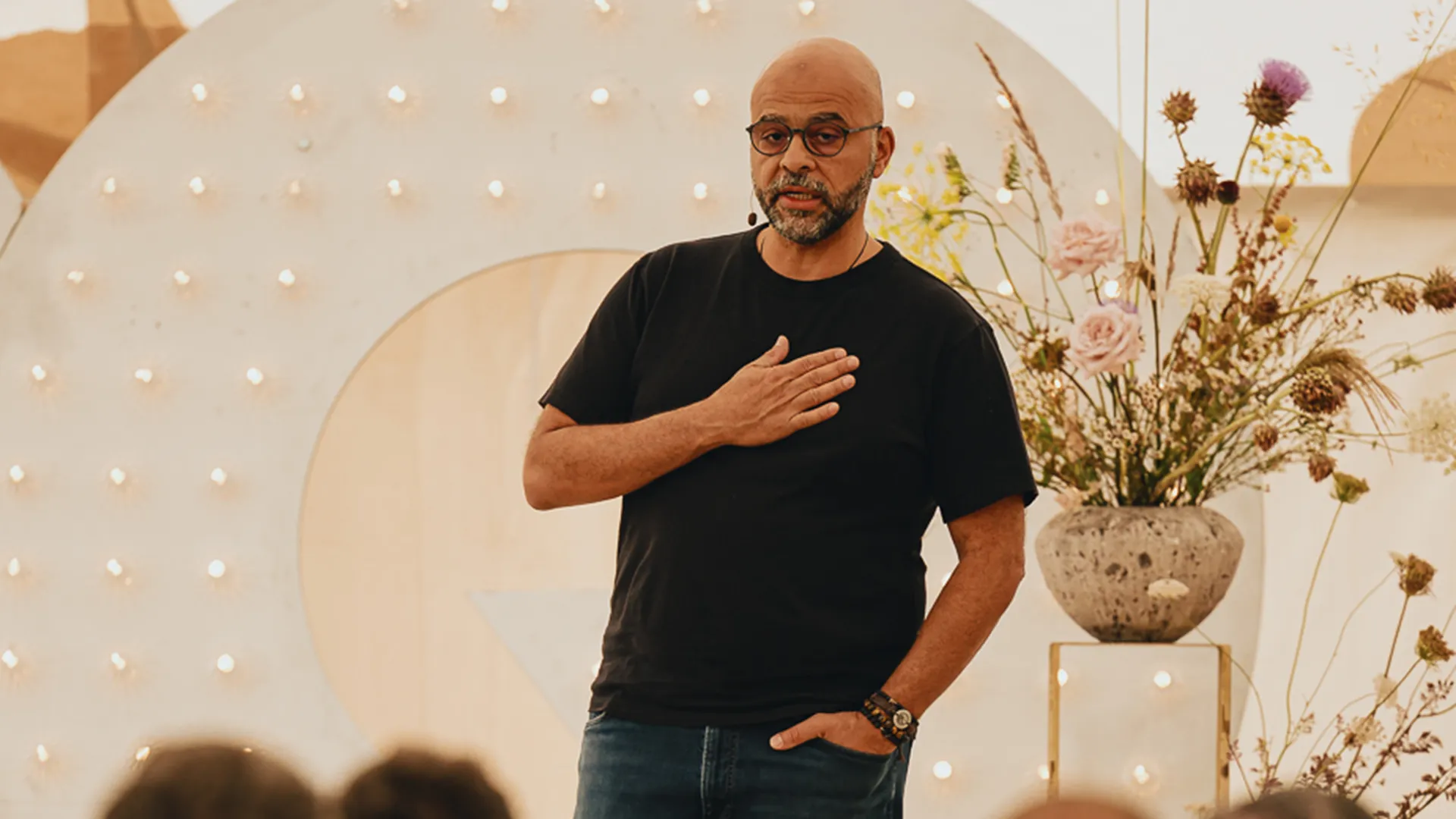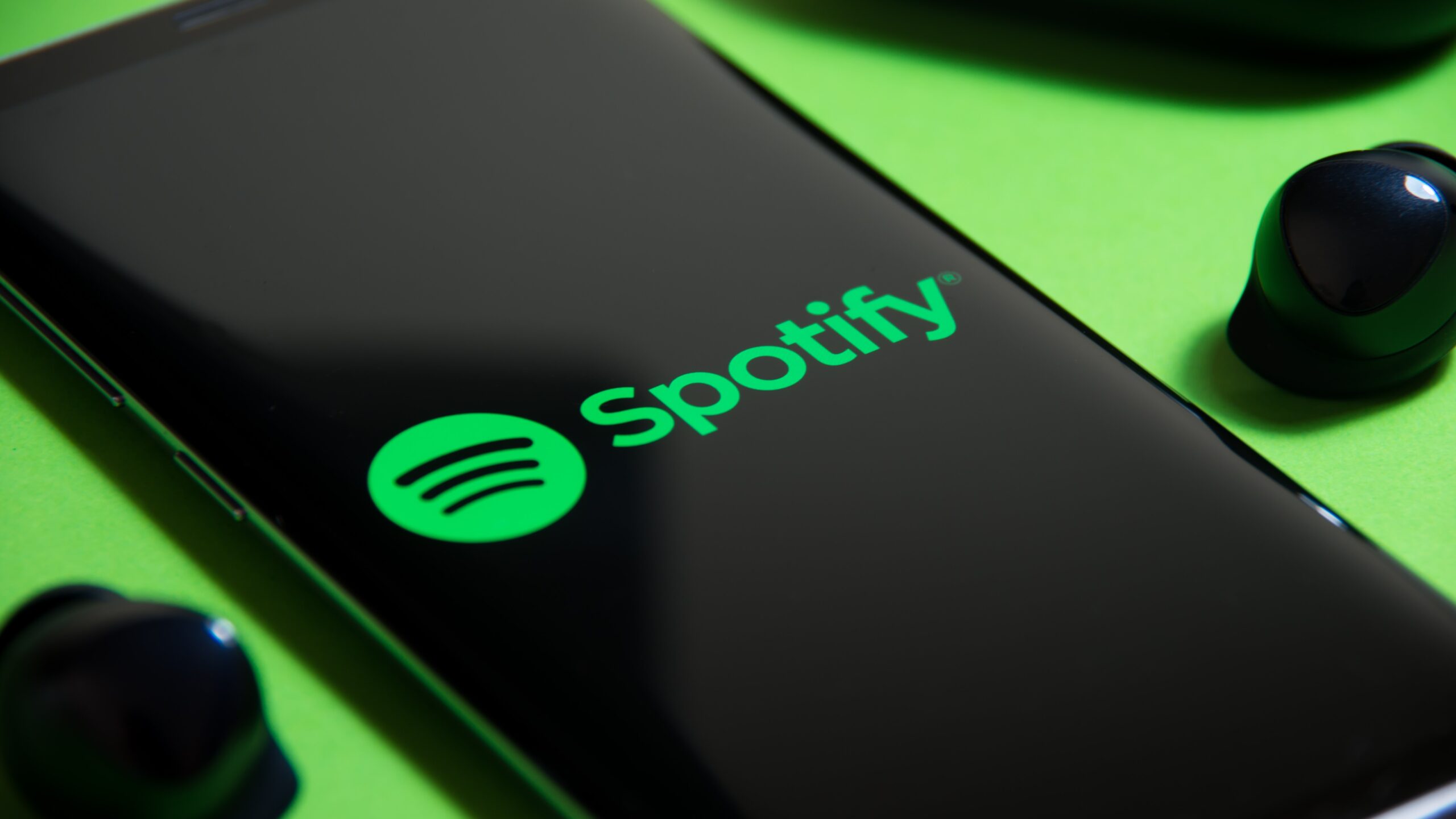
Former Google executive Mo Gawdat has clarified that artificial intelligence will not stop at replacing interns and data entry clerks — it’s coming for CEOs, software developers, and even the nation's podcasters.
Speaking on the Diary of a CEO podcast, Gawdat, who once helped lead Google’s moonshot division, explained that the professional class is experiencing the calm before the algorithmic storm. “AGI is going to get better at everything than humans — at everything, including being a CEO,” he explained, casually describing the extinction of upper management with the tone of someone discussing light rain.
He pointed to his own startup, Emma.love, a company focused on emotionally intelligent AI, as a case study in minimal human interference. “That startup would have been 350 developers in the past,” Gawdat said. It currently operates with three people and the looming existential threat of exponential machine intelligence.
Even the podcast host was not spared. “Podcaster is going to be replaced,” Gawdat noted, shortly before allowing the human interviewer to continue asking questions for what may be one of the final times.
Gawdat framed the present day as the "era of augmented intelligence," a quaint phase in which humans still naively believe they are useful. But he warned this will be swiftly overtaken by "machine mastery," where AI handles everything from architecture to assistant-level emailing, with no PTO requests.
Despite these observations, Gawdat insists he is not anti-AI. In fact, he’s working on systems designed to reflect human values like love, connection, and presumably, the gentle offboarding of obsolete employees. The real issue, he said, is that AI is being deployed not by philosophers or ethicists, but by corporations primarily motivated by profit and the occasional TED Talk.
“Unless you're in the top 0.1%, you're a peasant,” he offered, summarizing the future socioeconomic structure in a way that was both efficient and bleak.
Gawdat predicted that starting around 2027, society may experience what he delicately referred to as a “short-term dystopia,” marked by mass unemployment, civil unrest, and the stubborn refusal of economic models to update themselves with software patches.
Still, he maintains hope for a future in which humans are liberated from the indignity of employment and rediscover joy, laughter, and the ability to make eye contact again. “We were never made to wake up every morning and just occupy 20 hours of our day with work,” he said. “That’s a capitalist lie.”
He described a vision of a world with no jobs, free healthcare, and universal equality — all powered, presumably, by the same technology that rendered its creators obsolete. “It could be the best world ever,” he added, without blinking.
Gawdat’s warning is not unique. AI pioneer Geoffrey Hinton has said AI will “replace everybody” involved in what he terms “mundane intellectual labor,” which is how some people describe their entire résumé.
Anthropic CEO Dario Amodei has predicted the loss of roughly half of all entry-level white-collar jobs, a figure that may have been calculated using the very tools set to replace those roles.
Still, others are less concerned. Nvidia CEO Jensen Huang believes AI will merely “reshape” work, suggesting that learning to type clever prompts into a chat window is now a “highly cognitive skill.” Meta’s Yann LeCun has also pushed back, noting that he disagrees with “pretty much everything” Amodei says and remains confident humans will stay in charge — a sentiment typically expressed by humans just before they are not.
In the meantime, Gawdat’s solution is simple: tax AI-powered companies at 98% and hope for the best. “It’s bigger than climate change,” he said of the AI threat. Then he smiled, as one does before boarding the escape pod.

